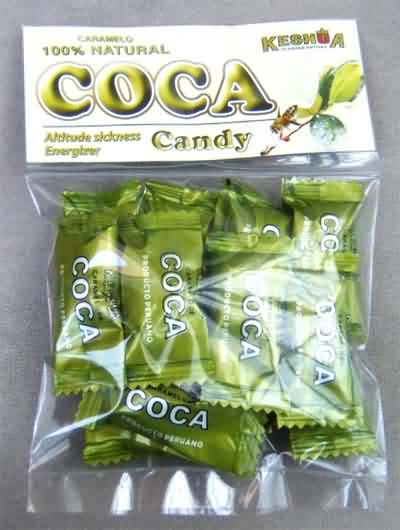Myth 1: Coca and nutrition
 The use of coca is symptomatic of hunger and malnutrition / Coca is a solution to the world’s hunger problem
The use of coca is symptomatic of hunger and malnutrition / Coca is a solution to the world’s hunger problem
While for some people, “the use of coca is symptomatic of hunger and malnutrition”, others state the opposite saying that “coca is a solution to the world’s hunger problem”. It has long been common among superficial observers to confuse the use of coca with an inadequate diet, and thus to claim that coca is in some specific sense responsible for malnutrition among the Andean population. At the opposite extreme, there exists an increasingly vocal lobby, which defends the use of coca not so much as a stimulant, but as a food supplement, and sometimes engages in extravagant claims regarding coca’s dietary benefits.
The use of coca leaves is neither a cause of malnutrition, nor a total panacea for the dietary deficiencies produced by imbalances in modern eating patterns. Coca has a significant role to play as a nutritional supplement, however the use of coca has been traditionally perceived less as a substitute for food among traditional users than something to be chewed or drunk after a meal, when the stomach is full, in a digestive role similar to that of tea or coffee.
The major reason why coca is unlikely to become a major food source is its cost. Of course, this is not a significant issue to the relatively affluent urban consumers who are the most enthusiastic advocates of coca-as-food, but it certainly sets limits on the potential role of coca in ameliorating the nutritional status of poor and marginalized populations.
Further reading: Coca Myths, Drugs & Conflict Debate Papers 17, June 2009







